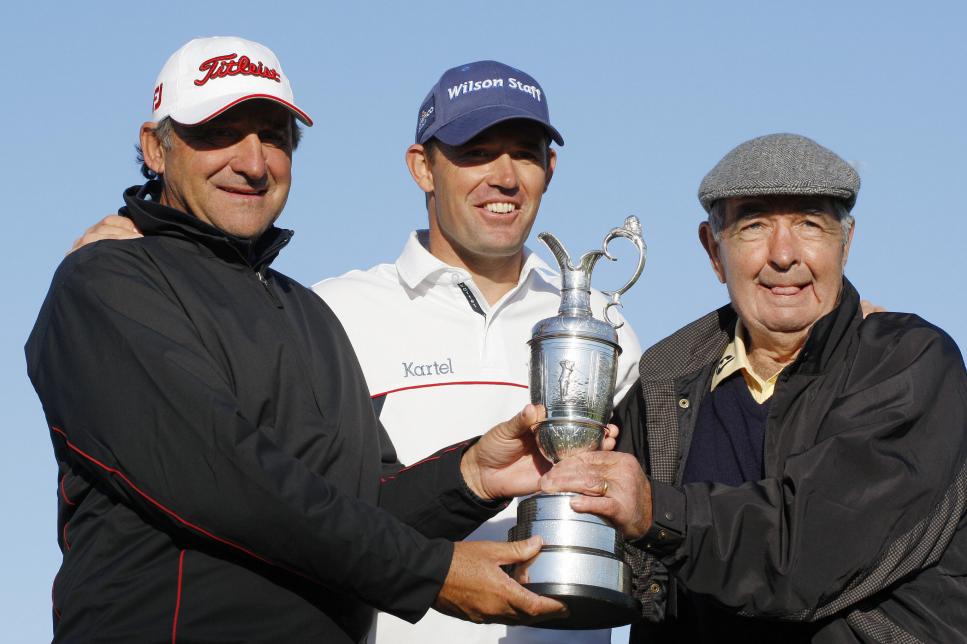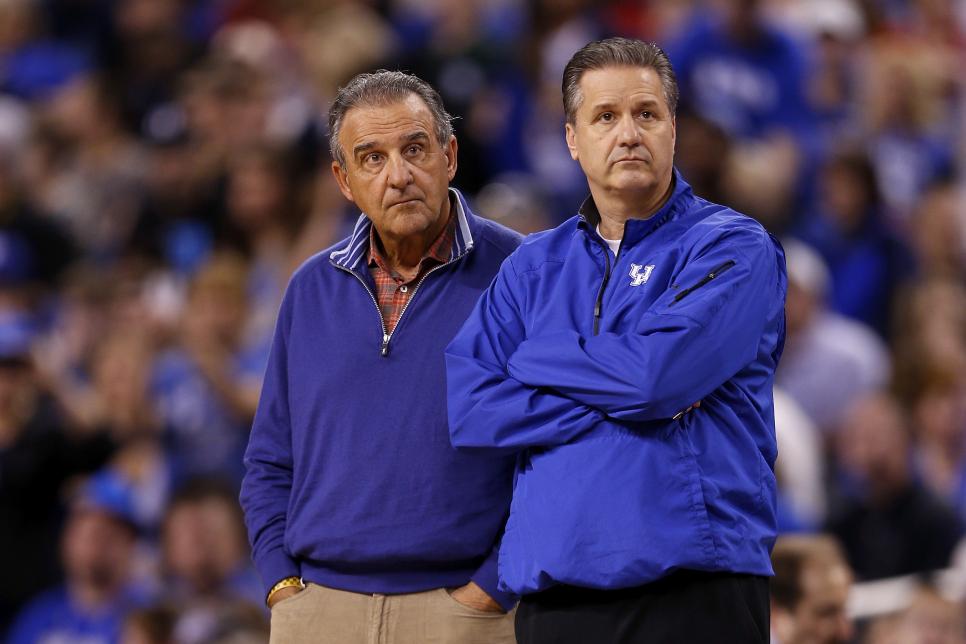[PHOTO: Thomas Northcut]
A few years ago, I could have sworn I found the one. After searching for so long, I found a perfect match, and for those first few months, it could do no wrong. But then, gradually, and then suddenly – as one falls out of love or tumbles into bankruptcy – it stopped working. I have spent years trying to rekindle the magic with a new one, but no putter has made as many putts as that one.
It turns out, I was just in a golfer’s honeymoon phase – that period of days, weeks or months in which a new club is seemingly incapable of producing poor shots. Drives that used to continue slicing suddenly become power fades, wedges shots that typically release over the back stop with a tour-level spin and that putt you could have sworn you pulled finds the left-centre.
Play golf long enough, and you will experience this new-club honeymoon phase at least once, perhaps many times if you are lucky. But is it reality or just placebo? And if it is real, how can we prolong this magical period?
To uncover the psychology behind the honeymoon phase and what we can learn from it, we caught up with renowned sports psychologist Dr Bob Rotella, who along with working with numerous top athletes is the author of many of the most popular books on the mental side of golf, including Golf Is Not A Game of Perfect.
The secret behind a golfer’s honeymoon phase, Rotella says, is the fact that the golfer hasn’t hit bad shots with the new club yet. “They’ve got a new club that they’ve never seen themselves miss a shot with,” Rotella say. “Athletes are really good at jumping on anything that can help them with confidence, and as long as they think it’s the club, it can be very helpful.”
Seeing that many golfers are quick to gain and lose confidence, we tend to cling to anything that might give us that burst of self-belief, and a new club is often a natural catalyst. When you get a new club, you’re not only buying the latest technology, you’re buying a brand-new start – a club that hasn’t seen the horrors of poor contact, OB left and right and a three-footer that didn’t touch the hole.

“I think it lasts longer than missing one shot or putt,” he says. “But the real honeymoon phase is when they think that the club is magic, and they can do anything with it. It’s almost like it doesn’t matter if I make a good stroke or a bad swing, it’s going to carry me. It puts the magic in the club, not in themselves.”
Often when we upgrade to a new club, the improved technology does contribute to better shots, so in a way, our belief that the club is solely to thank for great shots might seem logical. But then again, to give the club all the credit for a miraculous change in play is a little irrational, right? Isn’t some of the improvement because we are making more confident swings or strokes?
“We could argue logically that you shouldn’t,” Rotella says when asked if we should give the club all the credit for improved shots. “But when you’re competing, you’re going to grab onto anything you can grab onto, and being in love with a club is a good thing.” In other words, in an important round, it is OK if we’re a little irrational if it means preserving our confidence.

“I don’t have any problem with people really liking a club,” he says, “but I really want the player to own their thoughts, and own their confidence, and have it be something that they own and control.”
The key, then, to prolonging the honeymoon phase is a change in mindset. Understand that your newfound confidence is not solely because of the club. Begin to tie your new self-belief to your self-image as a golfer. Instead of thinking, This club can’t hit a bad shot, think, I hit the ball so well with this club because I make great swings. When the club inevitably produces a poor shot, don’t let that rattle your confidence in it or yourself, Rotella says. Start to believe that the magic is not in the club, it is in yourself.
“The one thing you can own all the time is your mind, and that’s why we’re trying to say, ‘Let’s get your head in the right place, and don’t let anybody else or anything take your confidence away.’”



